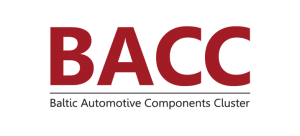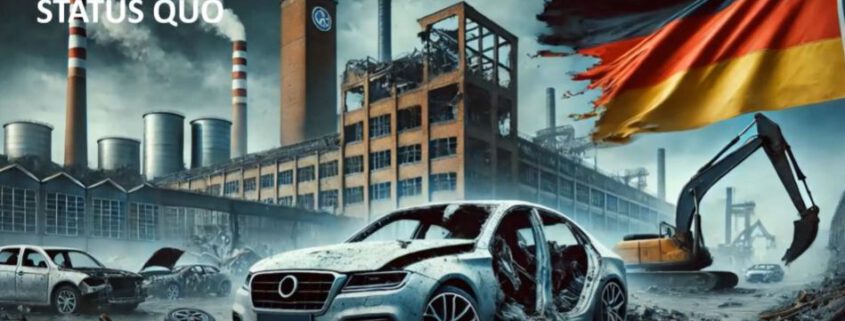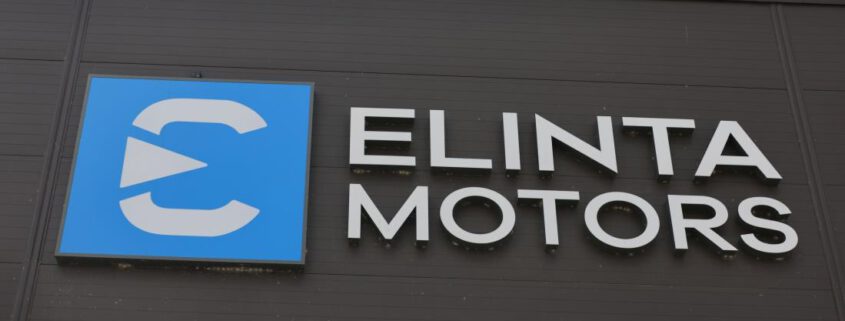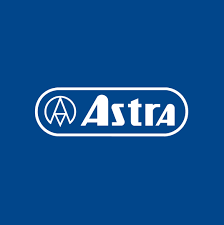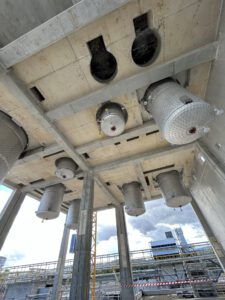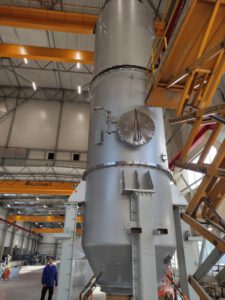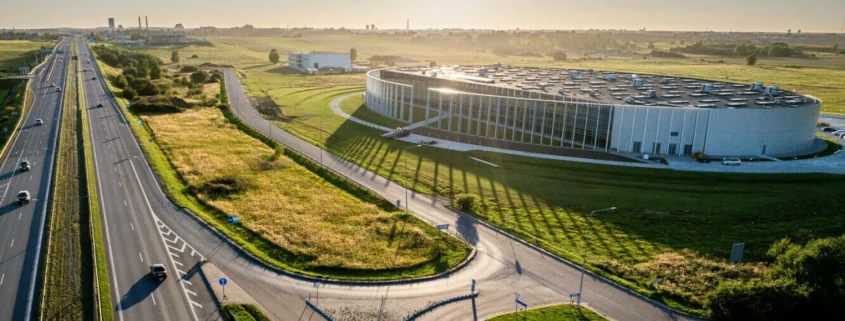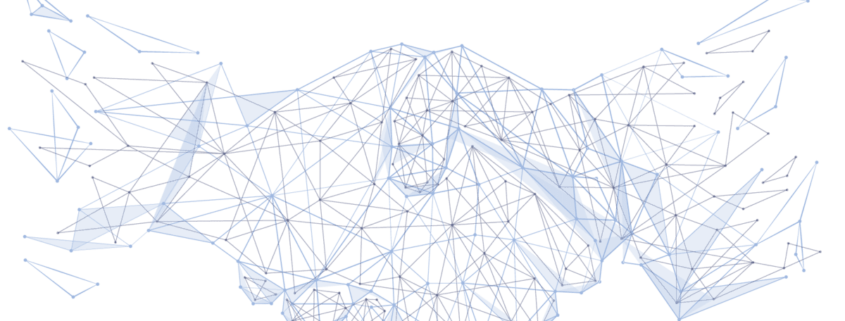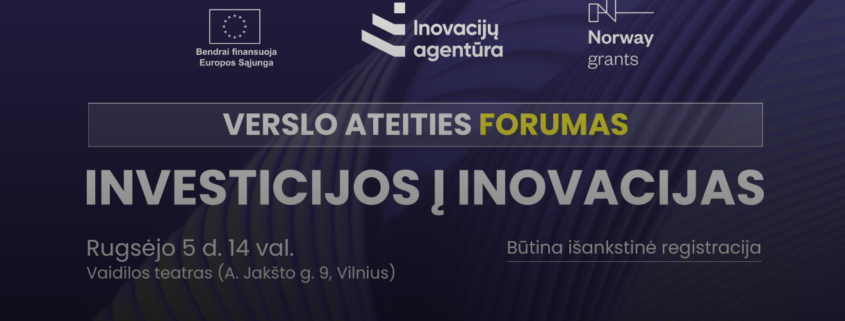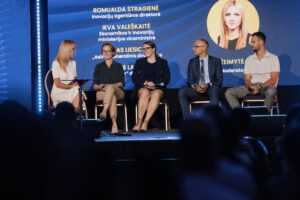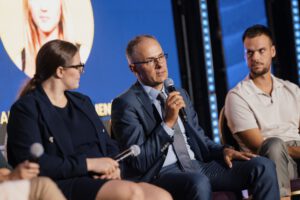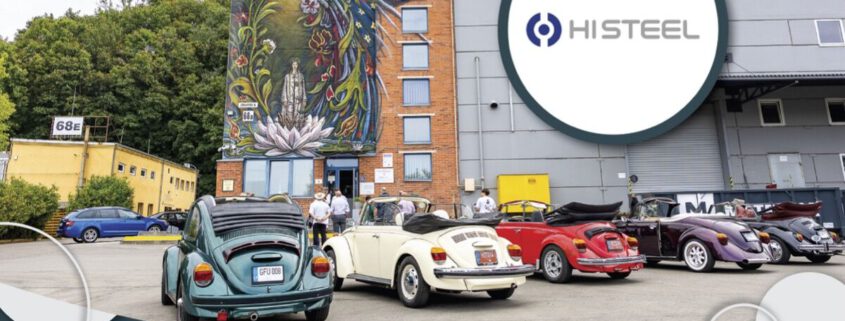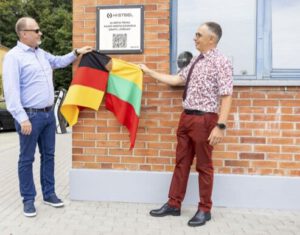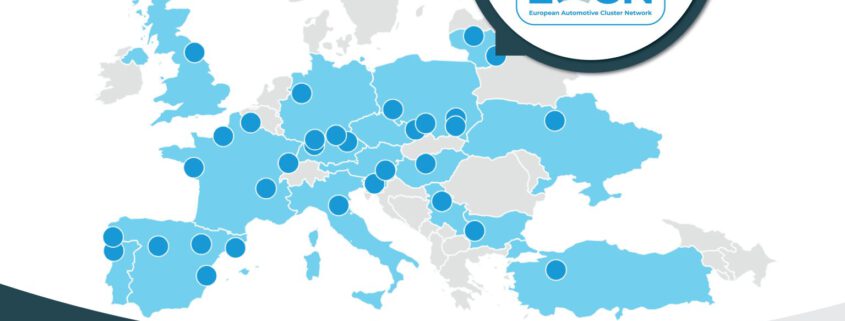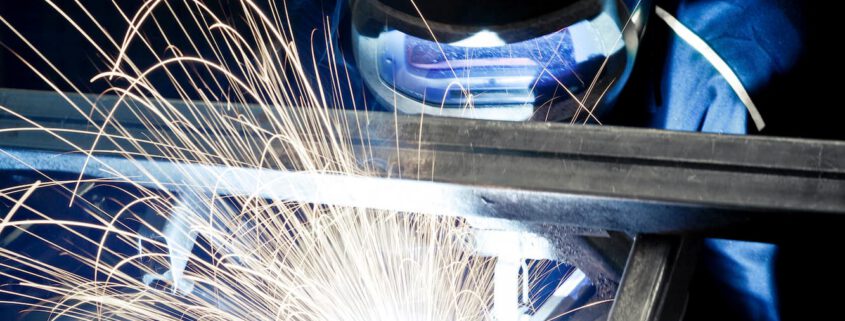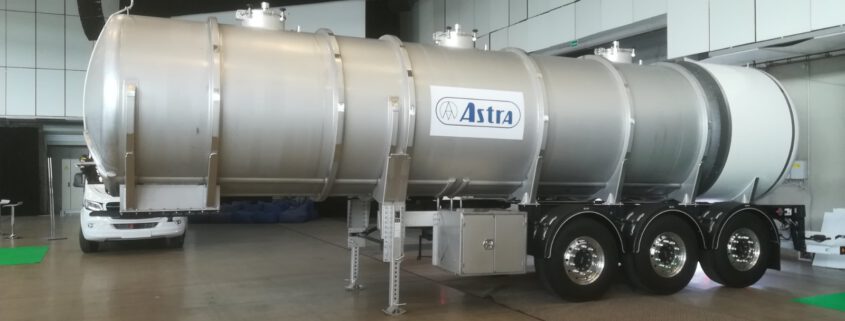2024-10-02
The Baltic Automotive Components Cluster (BACC) recently hosted an insightful webinar, “Automotive Industry Insights in Europe & USA,” addressing the challenges and opportunities in the automotive sector, specifically focusing on Europe and the United States. The event aimed to answer the pressing question of whether the European automotive industry is in decline or if there is still hope for a sustainable future.
The webinar was designed for BACC members and the wider automotive and mobility community in the Baltic region. During the nearly two-hour session, attendees gained valuable industry overviews and expert perspectives from leading professionals across Sweden, Germany, and the USA.
Key Presentations and Speakers
The event featured distinguished speakers who offered valuable insights into the automotive industry landscape in their respective countries:
- Darius Budrys, Commercial Attaché at the Embassy of Lithuania to Sweden, provided an enlightening presentation on the trends shaping the automotive industry in Sweden.
- Indre Sonehed, representative from Volvo Cars, shared her expertise on the emerging trends influencing the future of the automotive industry, particularly at Volvo.
- Arunas Sarka, Commercial Attaché in Germany, delivered a detailed analysis of the German automotive sector, with a particular focus on its transition to electric vehicles (EVs).
- Sergejus T., Lithuanian Commercial Attaché in the USA, offered valuable insights into the U.S. automotive market and its evolution.
- Jamie Newell, Site Selection Consultant, presented an in-depth look at the U.S. automotive market entry strategies and opportunities for companies seeking expansion in the U.S. automotive landscape.
A Heartfelt Thank You to Speakers and Participants
BACC extends a special thank you to the presenters, whose contributions helped shape an informative and engaging event. Their expertise provided crucial insights into the ongoing transformation of the automotive industry, not only in Europe but also in the U.S.
“We are extremely grateful to all who participated and contributed to making this webinar a success,” said [Name], [Title], Baltic Automotive Components Cluster. “The discussions were rich with insights that will help our members and the automotive community navigate the future of the industry.”
Join Us for Future Events
BACC remains committed to providing valuable resources and networking opportunities for the automotive and mobility sector. Stay updated by following BACC for more upcoming events, webinars, and industry insights.
For more information or to connect with the Baltic Automotive Components Cluster, please visit [website link] or contact [contact information].
About Baltic Automotive Components Cluster (BACC)
The Baltic Automotive Components Cluster (BACC) is a leading industry association focused on promoting collaboration and innovation within the automotive and mobility sectors across the Baltic region. BACC supports its members with industry insights, networking opportunities, and events to advance the development of automotive technologies.
